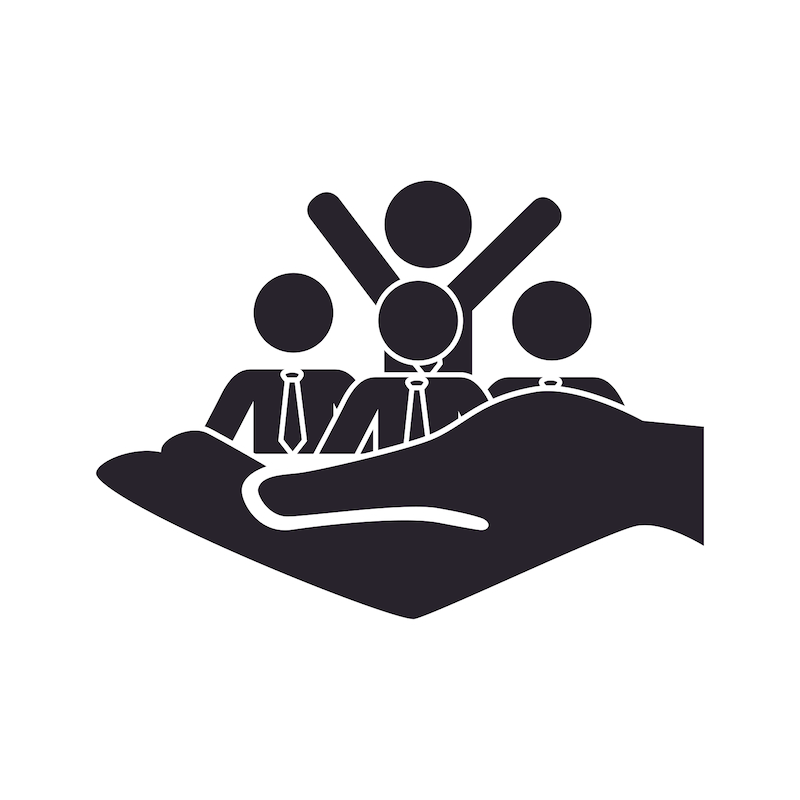 The people side of managing the lab seems to be a constant challenge for many owners. While many owners have been quite successful, the people side of the business remains a big mystery. Maslow’s hierarchy of Needs comes into play here. So what does the lab owner need to know, or at least be aware of? Think about these basic ideas to get your lab moved up the pyramid:
The people side of managing the lab seems to be a constant challenge for many owners. While many owners have been quite successful, the people side of the business remains a big mystery. Maslow’s hierarchy of Needs comes into play here. So what does the lab owner need to know, or at least be aware of? Think about these basic ideas to get your lab moved up the pyramid:
Maslow’s theory demands that basic needs be met first, then move up to Psychological needs; this is where the lab owner has to excel. More often than not, the typical lab owner is tied to the bench 75% or more, which effectively precludes them from working on the people issues. And even if by some miracle, the lab owner had the time to attend to the psychological needs of employees; most lab owners would not know what to do, simply because they have not had training in this area.
Training and Development
Ensure employees have appropriate training and education suitable to performing their job functions. This involves screening and hiring the right candidates and providing them with pre-employment instruction related to their position, the company and their role in the workplace. As an ongoing function, the owner should help employees grow in their positions, encouraging them to accept greater levels of responsibility, if desired, and to advance within the company.
Leadership
This involves evaluating employees and making decisions about who is best suited to take on various assignments and providing detailed direction. The lab owner should help the employee develop goals and objectives and provide regular evaluation and feedback on performance. Probably most important, listening to employee concerns, mediating conflict among team members and ensuring all employees feel confident and appreciated for the work they perform.
Overseeing Teamwork
Facilitate teamwork between individual employees and departments, taking disciplinary action and making decisions with regard to employee recognition and promotion. Even when the owner delegates decision making to employees, he remains ultimately responsible for overseeing progress and helping with dispute resolution, should problems arise. The lab owner must ensure team members are performing their respective duties, staying within budget and remaining on deadline.
Role Modeling and Mentoring
Employees look to owners as a role model for workplace behavior. To effectively manage people, a good owner will follow company rules, treat others with respect and dignity and behave in a professional manner at all times. This may involve developing a long-term professional development strategy for employees, helping employees identify opportunities for advancement and serving as a sounding board and providing professional advice and insight.
Make the “hard” decisions
In some cases, for whatever reason, an employee simply does not work out. Tolerating poor performance or bad attitude is only puts a strain on the organization, and can cause your other employees to become distant. Your only good move is to prepare the lab accordingly for the loss of the employee, and sever the relationship.
